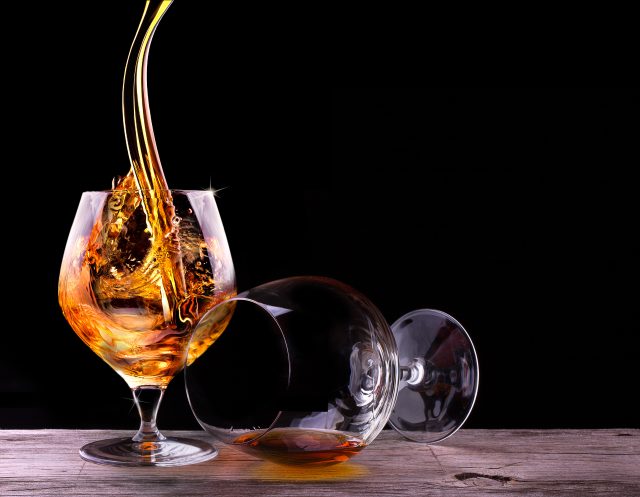Cognac anxiously awaits China tariffs decision
By Ron EmlerEuropean brandy distillers, especially in Cognac, are anxiously awaiting China’s response to the European Commission’s decision to slap tariffs of up to 38.1% on electric vehicles made in the People’s Republic.

Brussels accuses China of dumping cheap EVs in Europe to the detriment of local manufacturers.
The dispute has been bubbling for some time and in January China opened a retaliatory anti-dumping investigation into brandy imported from the EU, more than 90% of which is Cognac.
This sparked fears that Cognac could suffer a similar hammer blow to that taken by Australian wine producers when China introduced tariffs of up to 218.4% after Canberra was outspoken about human rights and the source of the coronavirus pandemic.
“We take note of the European decision and once again reiterate our deepest concern regarding the consequences for the anti-dumping investigation launched by China on European brandy,” said Florent Morillon, president of the Bureau National Interprofessional du Cognac (BNIC).
Necessary
China says it will take “all necessary measures” to safeguard its interests.
That is widely predicted to be retaliation against brandy – Cognac in particular – although diplomatic sources are reported as saying that both sides want to prevent further escalation of the row.
In May the BNIC said the industry’s “future depends” in part on tariffs being avoided and it seemed that President Macron had won a tentative agreement from President Xi to avoid punitive imposts when the two met in France last month.
Darkening cloud
But since the EU announced that it would penalise imports of Chinese cars from July 4 there has been a darkening cloud over the shares of distillers such as Remy Cointreau (Remy Martin), Pernod Ricard (Martell) and LVMH (Hennessy).
Partner Content
While Cognac is the biggest single category of imported spirit in China, locally produced baijiu holds 95% of the entire spirits market, so investors are worried that most Chinese consumers would be little affected by a higher prices for the French product triggered by increased tariffs and turn to alternatives.
China accounted for 19.4% of all cognac exports in 2023, according to BNIC data. It is also one of the most profitable markets for the spirit.Extra barriers to sales in China would be a severe blow to Remy Cointreau, the category leader in the country.
Export
The US and China are its two biggest export markets and market conditions in both have hit it hard.
In the US inflation and a consumer swing away from Cognac have left the French group with heavy excess stocks.
In China the sluggish economy and youth unemployment have held back sector growth in the wake of the pandemic.
Remy Cointreau’s organic sales fell by 9.2% in the year to March 31 and the company has predicted its fortunes will improve only gradually over the next 12 months, so barriers to extra sales in China would deepen the group’s problems.
Income
Last year Remy Cointreau derived some 80% of its operating income from Cognac.
Pernod Ricard’s Martell and LVMH’s Hennessy face similar problems in both the US and China but their dependence on Cognac is far less as their portfolio’s are much more diverse.
Urgent negotiations are now taking place between Brussels and Beijing to find a solution to the present impasse.
Related news




